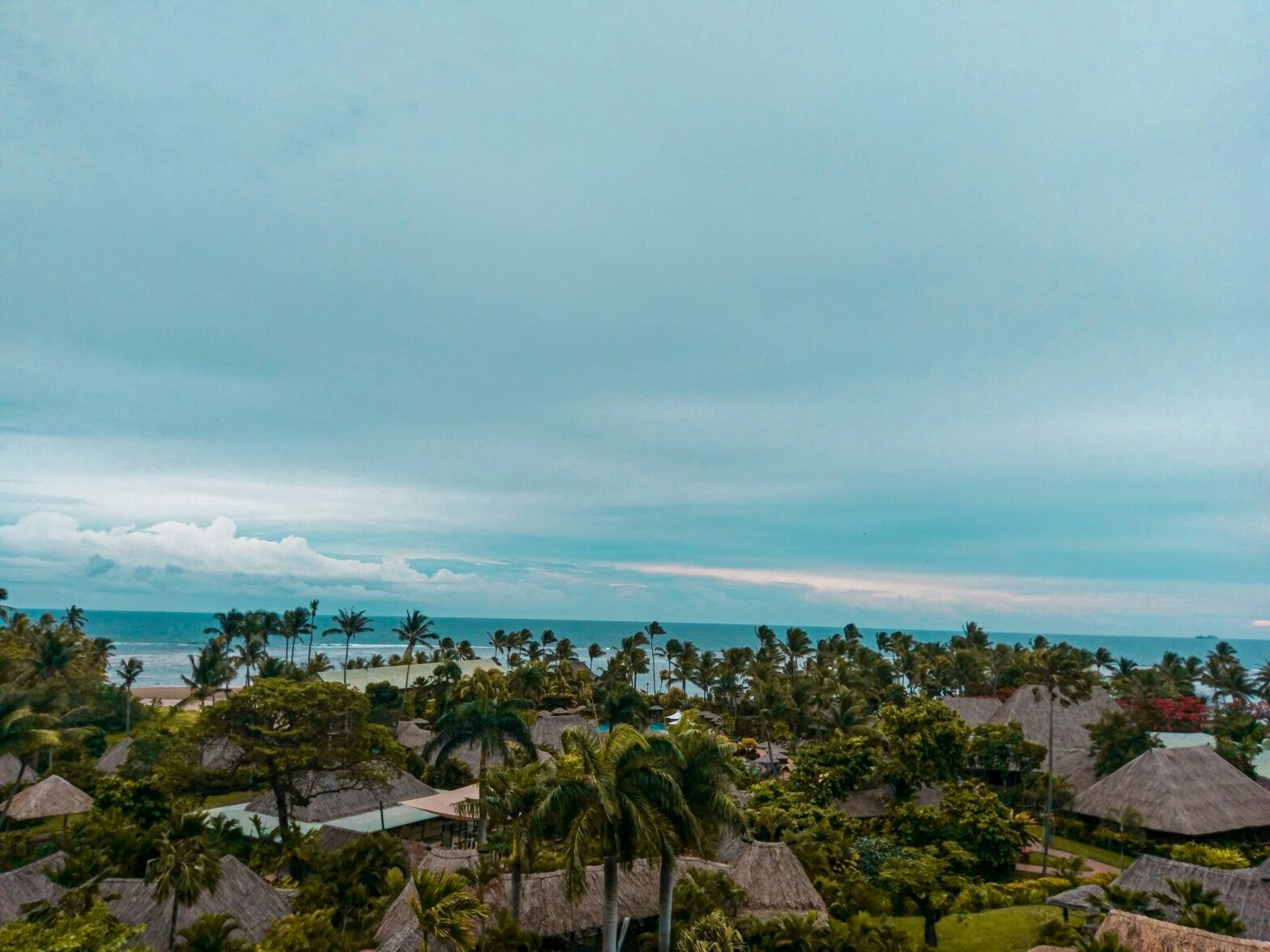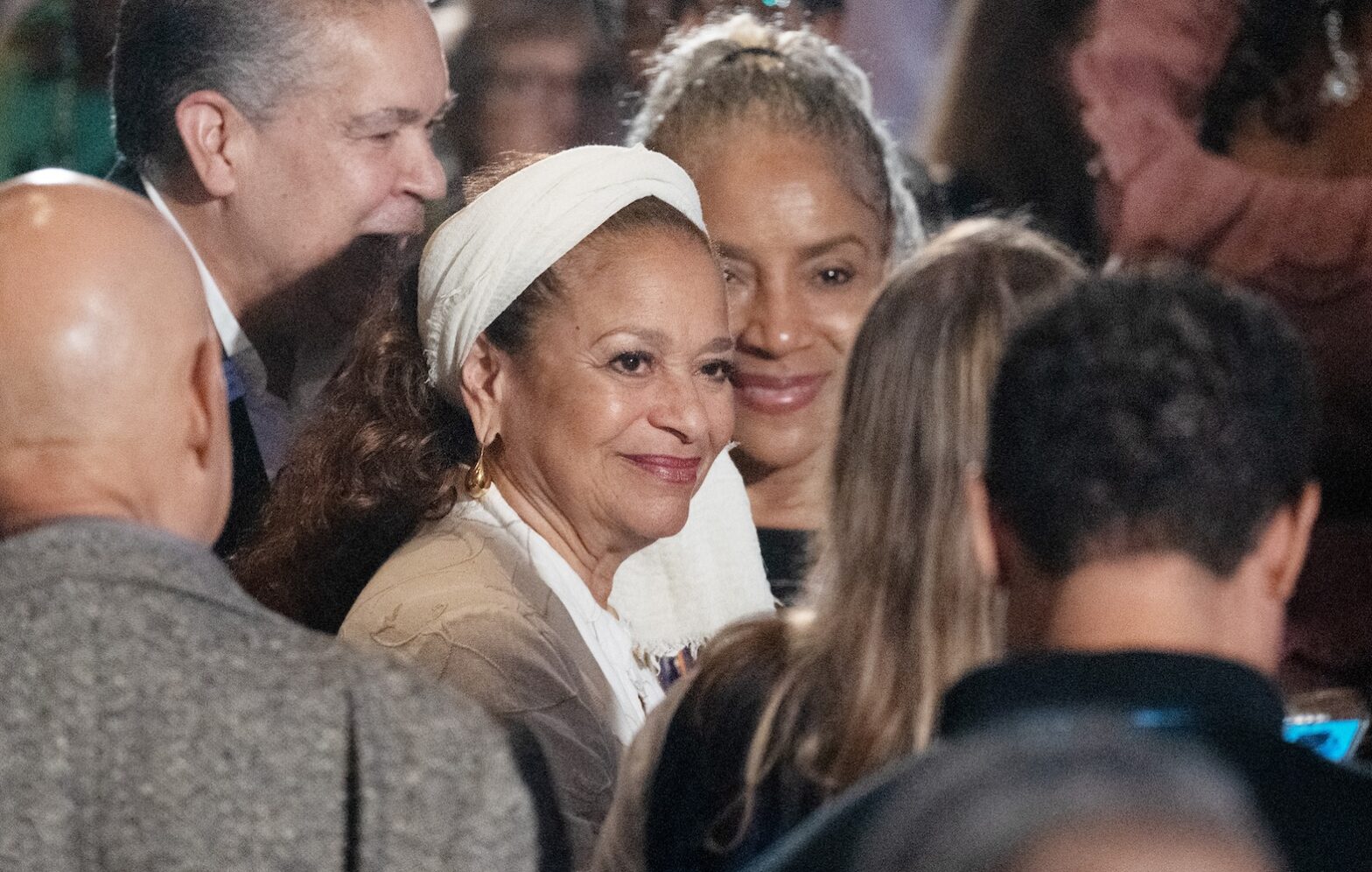Netflix’s hit show, Orange Is The New Black never ceases to shock the world when it comes to addressing issues like the mistreatment of women in prison, police brutality, rape, drugs, family generational curses, and more recently immigration. Now in its seventh and final season, the prison drama stands in the fight to end mass incarceration.
Orange Is The New Black details the lives of a diverse group of incarcerated women at a prison in New York. If you have seen the Netflix series, then you remember iconic scenes like character Daya, played by Dascha Planco, shooting an overly aggressive guard in Season 4, or the riots that came after in which she received a life sentence for. She went from being a shy new inmate welcomed by her mother (another generational curse) in Season 1 to calling the shots as prison kingpin in Season 7.
Or maybe you remember Tastee, played by Danielle Brooks, and her infectious outcry after her best friend Poussey, played by Samira Wiley, was murdered by a prison guard. Tastee was released after serving time for drug trafficking but was unable to adapt to her life as a free woman and returned. She was charged with inciting riots at the beginning of Season 5.
This season we watch Tastee begin a life sentence after she was wrongfully convicted of killing a guard last season. Battling with her mental health and suicidal thoughts, Tastee continues to grieve the loss of her dear friend. Amidst grieving, she establishes the Poussey Washington Fund, offering women micro-loans once they leave prison to help them get back on their feet. The fundraiser over $144,000 and counting, supporting “eight preexisting non-profits to benefit organizations focused on social issues surrounding criminal justice and policy reform, immigrants’ rights and helping those affected by mass incarceration.“
Throughout each season, viewers such as myself have fallen more and more in love with each character’s individual story, and what led them to prison. Mothers who can only see their children from a glass window, women who are still learning what it means to be a woman. This show gets really real.
Tastee also took a position working under the new black female warden, Tamika Ward, played by Susan Heyward. Her agenda was honest, wanting to provide hope to a group of women who may feel like they are at the rope’s end. During her reign, she established GED classes, started a farm-therapy program and closed the prisons’ solitary confinement.
The series touched on the immigration crisis at the end of season six with character Blanca Flores, played by Laura Gomez, and other Latinx women being transported by ICE to an immigration detention center. Flores emigrated from Santa Domingo years ago but was serving time for an accessory to the murder charge. She was also charged with inciting the riots that took place during season 4, which resulted in her green card being revoked and her immigration status at risk. She had been transferred to numerous detention centers, unable to get in touch with her Honduran husband. He was deported after not providing his papers to ICE officials during a visit.
Dozens of women slept in bunk beds in a large white room, only identified by a four-digit number and no name, unsure if they will see their families again and unaware of where they will spend the rest of their lives.
In episode 2, character Maritza finds herself in the middle of an ICE raid at a nightclub in Brooklyn with no identification and no one to validate her citizenship. She had been released from Litchfield Prison last season, after serving time for Grand theft auto and fraud. While detained, she found out she was not a US citizen, despite what she was told as a child by her mother.
Diane Guerrero, who plays Martiza, related to Martiza’s story more than you may think. She was born the daughter of two undocumented immigrants. At 14 years old, her parents were arrested and ultimately deported back to Colombia. Guerrero, a US citizen, was thankfully left in the care of family and friends, able to stay in the country and attend school.
However, her character Martiza wasn’t so lucky to be saved. She was caught sharing an immigration hotline number with other detainees and was deported back to Columbia, a country she hadn’t been to since birth, at the end of Season 5. ICE officials had been keeping immigration lawyers out of the detention center. It was heartbreaking watching the unknowingly frightening look in her eyes, as she was escorted by an armed ICE guard aboard a plane with other female detainees. It’s even more heartbreaking to see and know that this is what’s going on in the world today.
Guerrero said the writers did extensive research on this season’s storylines, by going to different detention centers to see what was taking place and attending court hearings which children who are clearly unable to defend themselves, as seen in episode five. “I knew that the stories that we told were going to be different from mine, which I was happy about because there are so many different stories to tell,” Guerrero said in an interview. Like Maritza, “There are people who came here when they were kids and didn’t know that they were undocumented.”
By episode 11, unlike Martiza, Flores was able to beat her case and obtain her green card, with legal advice from Karla, another detainee waiting to be reunited with her two children. Flores reunited with her husband in Honduras. Karla was detained not long after her husband passed away. Her children were placed in foster care and Karla was deported back to El Salvador.
In today’s climate, stories like Tastee, Karla, Martiza, and Blanca are far too common in the news. Every day families are being torn apart, children ripped from their parent’s arms, immigrants being sent back to countries they left as kids and only know by name as adults.
Interested in helping other black and brown immigrants affected by this country’s immigration crisis or helping to end the fight against mass incarceration, donate here.





